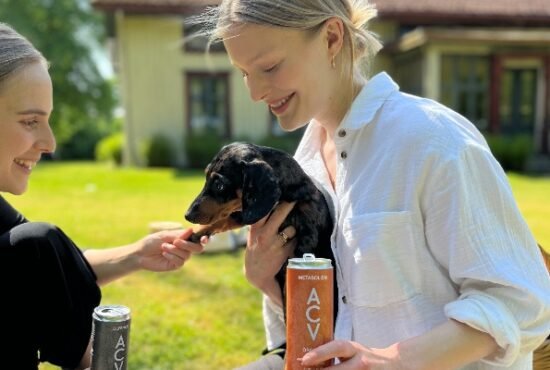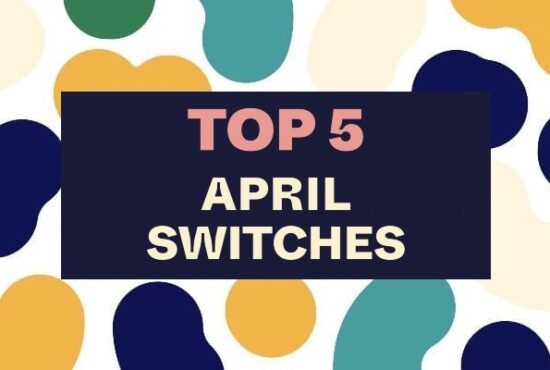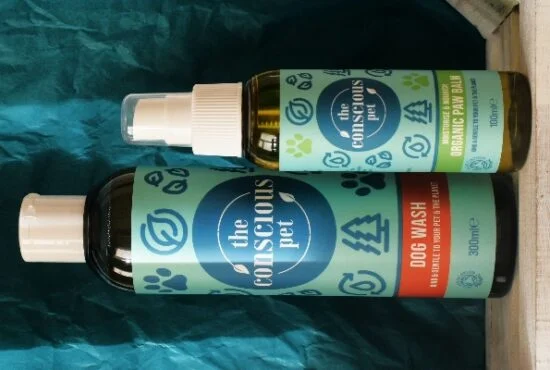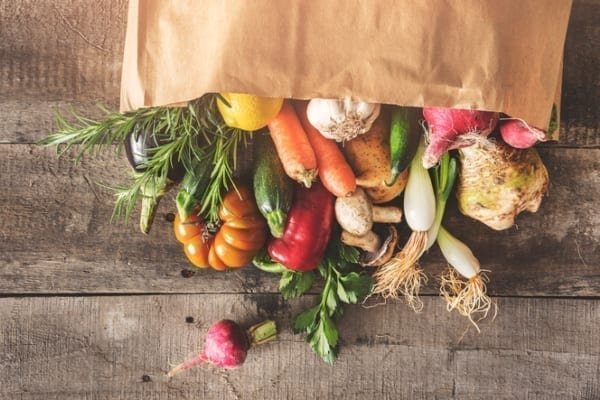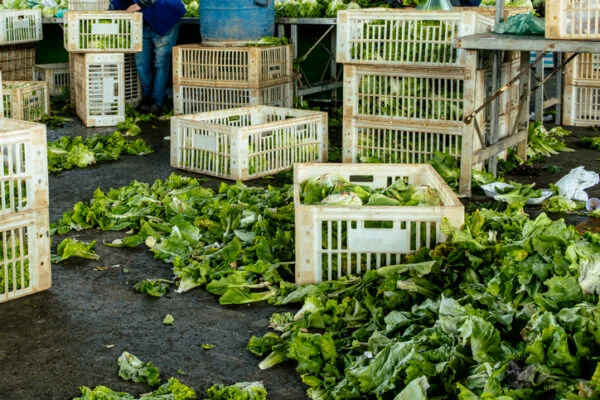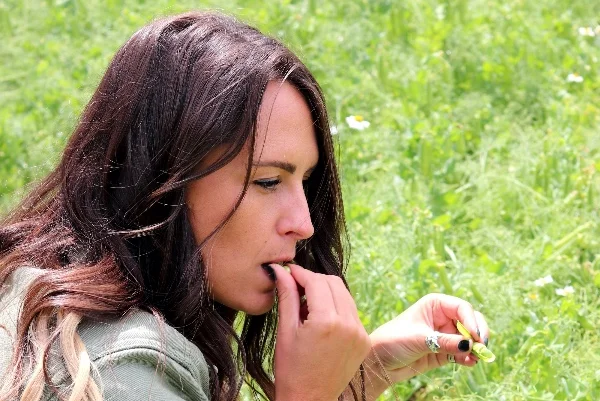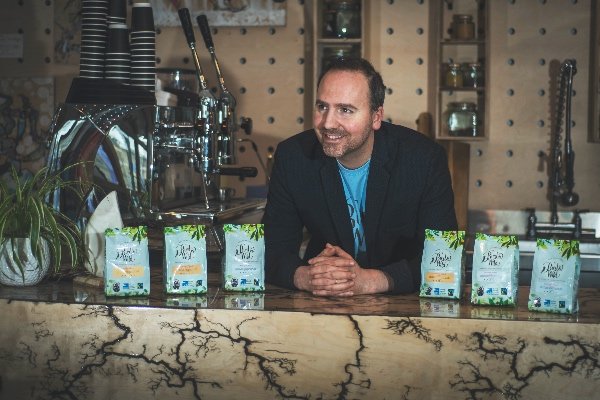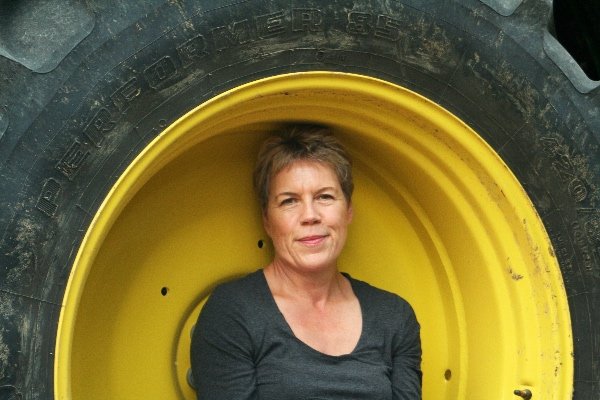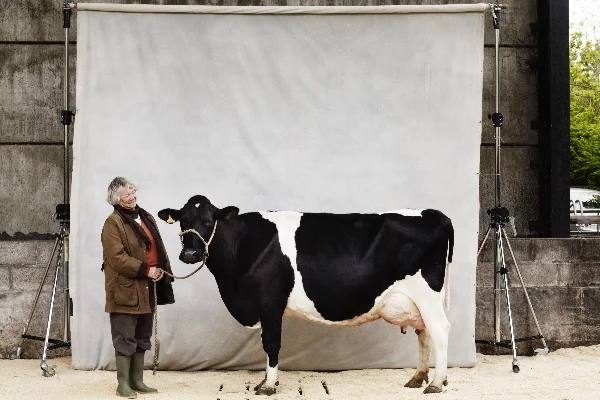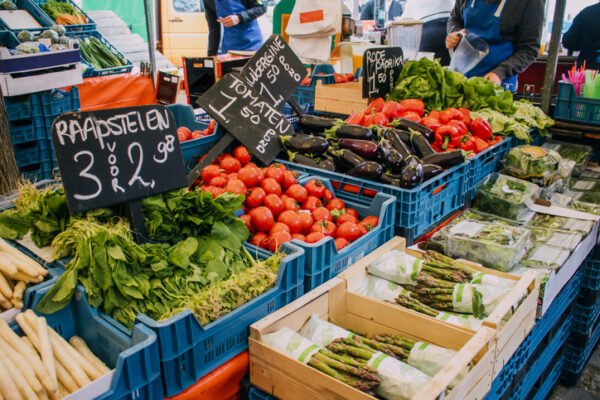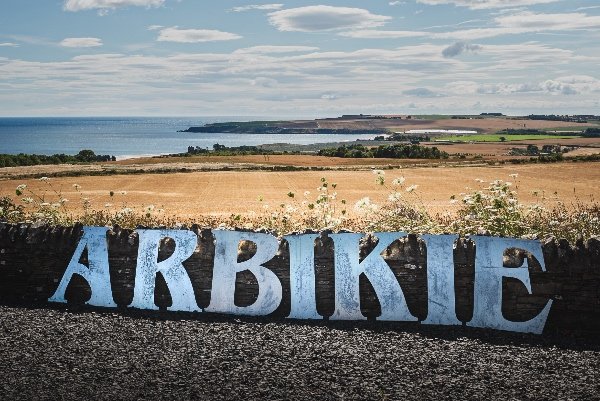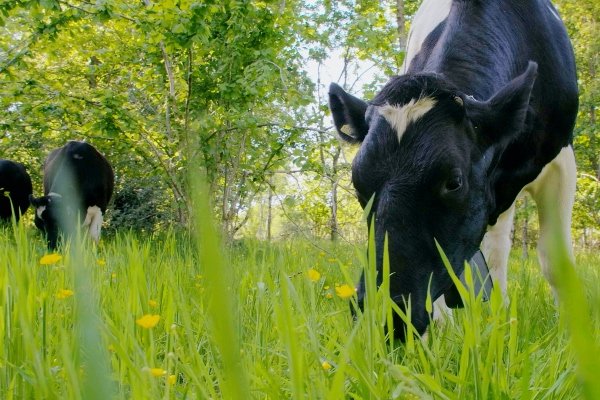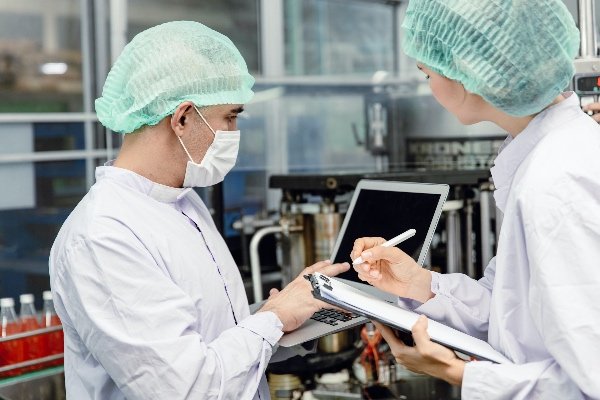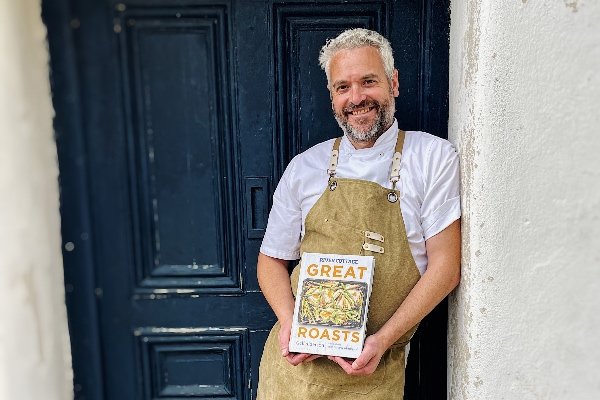This article first appeared in our winter ’19 issue of MyGreenPod Magazine, The Love Revolution, distributed with the Guardian on 22 February 2018. Click here to subscribe to our digital edition and get each issue delivered straight to your inbox
For over 70 years, growing, shopping and eating organic has been something of a revolutionary act. The irony is that farming has been done this way for thousands of years. It was only in the mid-20th century, when farming was intensifying and becoming more industrial in the wake of the second world war, that people started to see organic as a new approach to growing food.
Organic as we know it today was the brainchild of a group of agricultural revolutionaries; they were some of the first people to see the interconnectedness of a healthy environment and a healthy population. Their primary objective was ‘to bring together all those working for a fuller understanding of the vital relationship between soil, plant, animal and man’.
Now in its eighth decade, this revolutionary spirit has remained central to the organic movement – not just in the actions it takes, but in the people that make up the movement. They may not look like revolutionaries as they walk down the aisles of their supermarket or local food shop, but by putting organic products in their basket, the people who support this way of farming are helping to change the world.
Why to buy organic
The organic principles of health, ecology, fairness and care express the contribution that organic agriculture can make to the world. By buying organic, you are saving natural resources, protecting wildlife and supporting a food and farming system that can support a growing global population and our precious natural environment at the same time.
Organic farming and food production is not easy – it takes real commitment and attention to detail. In the face of climate change, rising diet-related illness and widespread declines in our wildlife, the need to produce healthy food, cut greenhouse gas emissions and protect wildlife grows more acute by the year. There is no magic bullet to tackle the challenges that face us, but our daily buying decisions are a simple yet powerful form of direct action.
Now, perhaps more than ever, when our understanding of the relationship between human health and the natural environment has never been better understood or more at threat, it’s vital for more people to become a part of the movement and see themselves as citizens with an active role to play.
 Play Video about This Rock Might Just Save The World
Play Video about This Rock Might Just Save The World Play Video about Play 2 hours of rock
Play Video about Play 2 hours of rock Play Video about Play 2 hours of brook
Play Video about Play 2 hours of brook Play Video about Play 2 hours of sheep
Play Video about Play 2 hours of sheep
